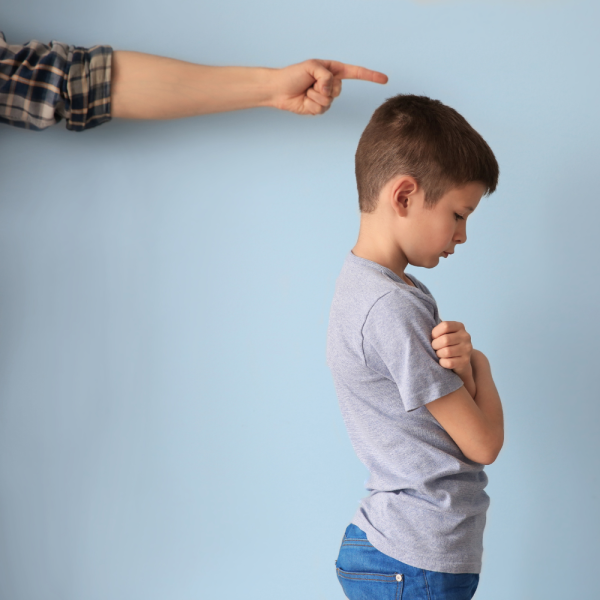Social media’s impact on teen body image
In today’s generation, just about every teenager has some type of social media. Instagram, Snapchat, Twitter, TikTok, and Facebook are just a few of the many platforms that might be on a teenager’s phone. While I believe there are many benefits to teens having access to unlimited information by utilizing social media, there is also a negative side regarding body image and how teens view themselves and each other.
A large majority of teenagers have social media apps, and with that comes the increase of how teenagers display who they are through pictures and videos that might be posted. It’s common for many teens to post pictures of themselves at concerts or from social gatherings, and those pictures could impact others without even knowing it. Oftentimes, the pictures posted suggest a body image that both male and female teens strive for in an effort to be popular.
People only post their best pictures, which creates a false belief that everybody else’s life is perfect. Today, the desire to have the “perfect” body image seems to impact many young females and males alike. There’s no denying that high school has stereotypes and if you are seen as the pretty, skinny, or rich kid, you are popular.
But does having a nice, thin body define who a person really is? During the summer, many individuals post pictures in bikinis or clothes that are more revealing, and that could make some people insecure. The effects from those pictures could leave some feeling less confident and upset with their own appearance.
Photoshop and filters are often used by celebrities and give viewers an unrealistic image of who they really are. By looking at those photoshopped images, teens become more insecure about their own body images which can contribute to depression and eating disorders.
Professionals who focus their studies on social media also agree that the benefits often overlook the disadvantages. A study conducted by Florida State University and published by the International Journal of Eating Disorders found that a group of women who were asked to browse Facebook for 20 minutes experienced greater body dissatisfaction than those who spent 20 minutes researching rainforest cats online. It should be noted that Facebook is not the only social media platform that can increase women’s negative feelings regarding their body image.
In addition to articles portraying ideal body images, another disadvantage of social media comes from those who are body-shamed by their peers. Social media provides an outlet for students to comment publicly about other students. There is nothing more painful than being a young teen who is mocked or ridiculed by their classmates about their weight or appearance.
Social media did not start to impact my life until my junior and senior years of high school. Snapchat, Instagram, and even Tik Tok had an impact on how I viewed myself. In a survey of 227 female university students, women reported that they tend to compare their own appearance negatively with their peer group and with celebrities, but not with family members while browsing Facebook. Many people have even deleted certain social media apps just to “escape” the body standard.
Social media will never go away. It is important for us as a society to follow the boundaries of making remarks about another person’s appearance. But when does it go too far?
No one should ever use social media to make comments that they would not like to hear about themselves. None of us are perfect, nor should we expect perfection in anyone else. It is our responsibility to manage our social media interaction in a positive way that does not criticize or shame others.




